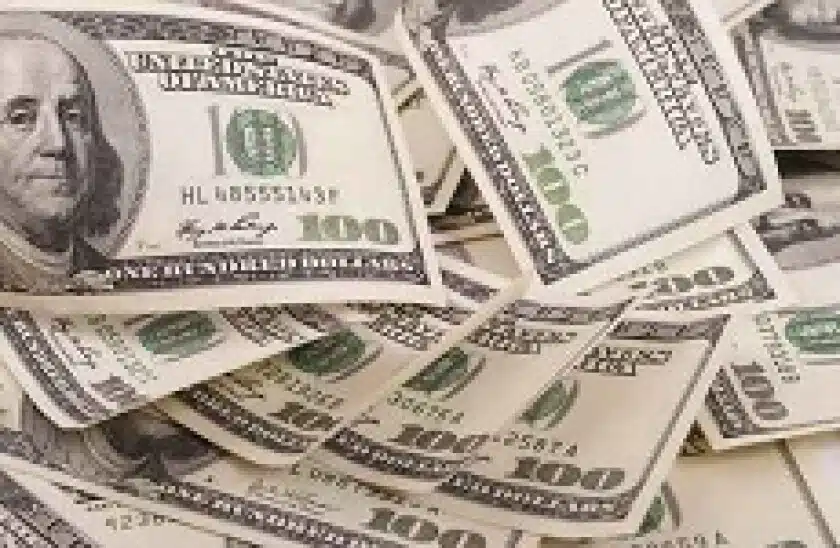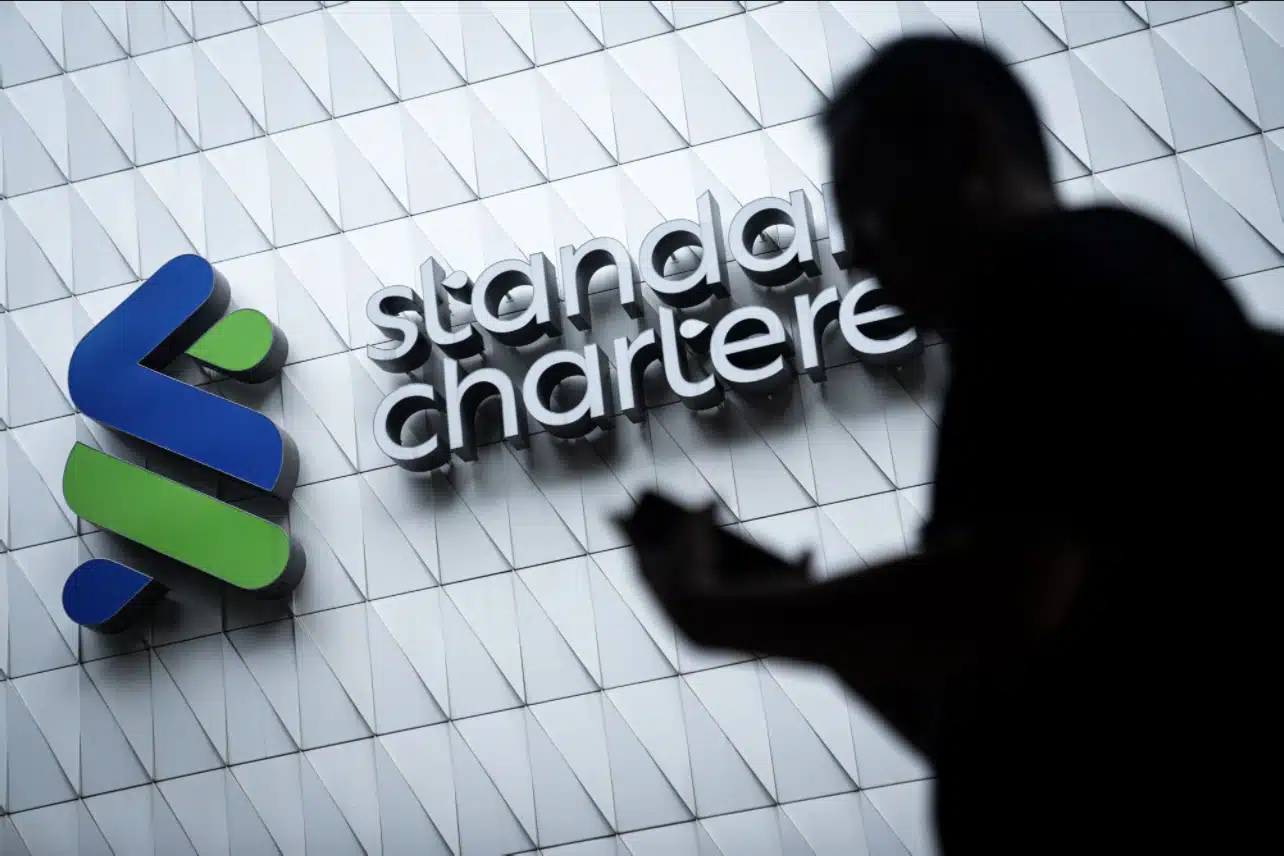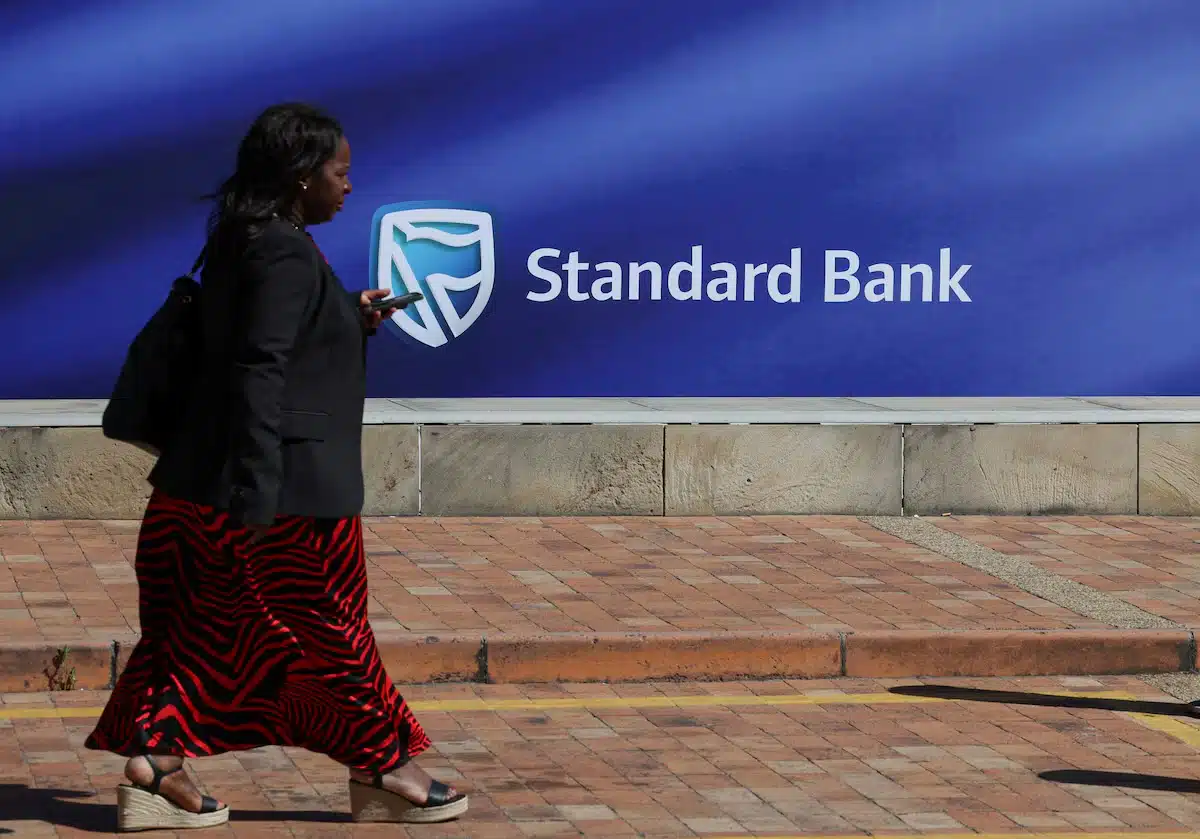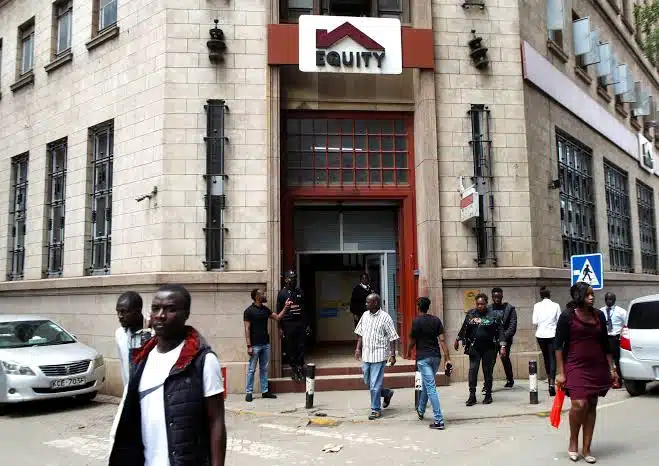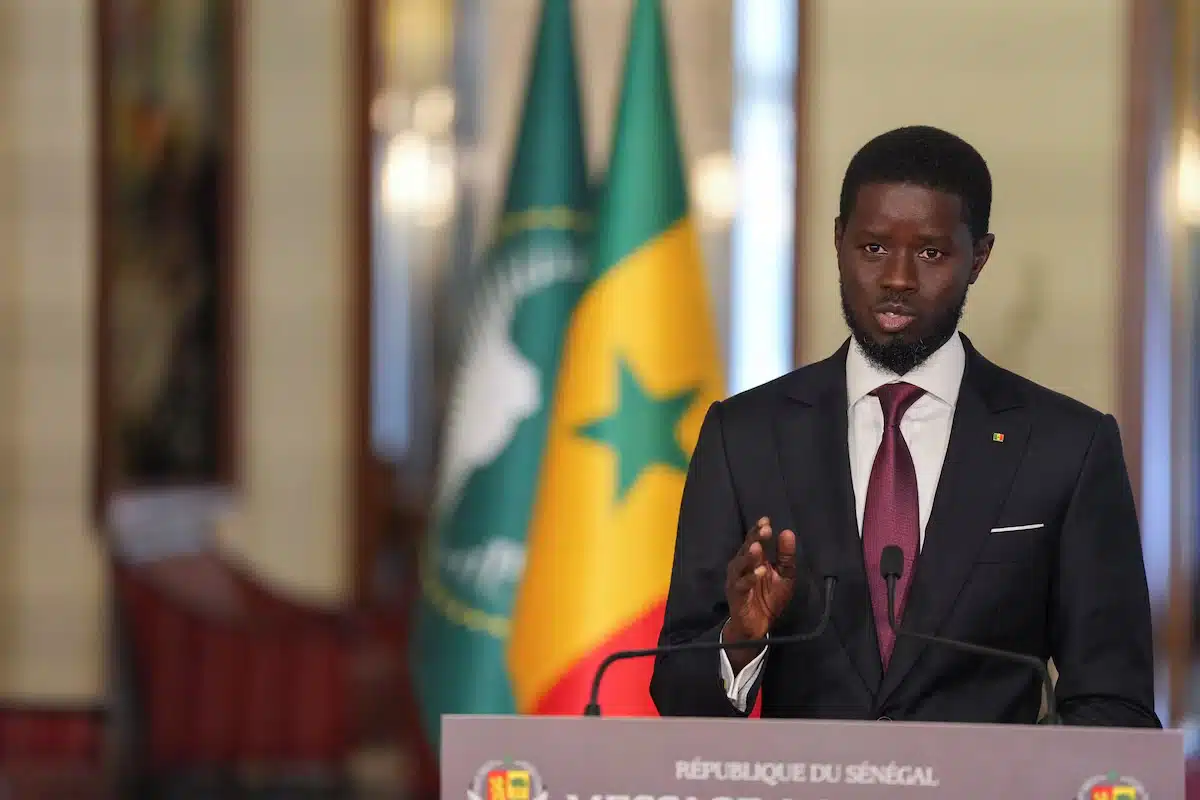Commercial banks in Ghana have begun charging a 5% fee on certain foreign currency cash withdrawals, following a new directive from the Bank of Ghana (BoG) aimed at tightening oversight of the forex market.
The directive, which came into force on August 25, 2025, applies to withdrawals from accounts funded through electronic transfers or cheque deposits. Accounts credited via direct cash deposits are exempt.
A notice sent by one of the country’s lenders to clients on Thursday, and seen by local media, read: “In line with BoG guidelines, there is a 5% withdrawal fee effective immediately”.
The BoG spelt out the policy in a August 27 circular to deposit money banks under its revised framework on charges and reporting requirements for foreign currency cash transactions.
The regulator said the levy is intended to improve transparency of forex flows, deter speculative withdrawals, and align compliance with anti-money laundering standards.
The implications for businesses are significant. Importers and exporters who frequently withdraw foreign currency to settle cross-border transactions will face additional costs, while individuals relying on remittance inflows may also see their disposable income eroded.
For the banks, however, the charges could bolster fee income and provide clearer data trails for regulatory reporting.
Broader clampdown on forex transactions
Under the new rules, banks are also required to submit detailed utilisation reports for every foreign currency withdrawal not backed by physical cash, stating the purpose and use of funds. Lenders seeking to import foreign currency must declare its intended use in advance and subsequently file a post-importation utilisation report.
These measures extend a broader tightening of Ghana’s forex regime. Earlier this month, the central bank imposed a $50,000 ceiling on the amount of foreign currency outbound travellers may carry, with inbound travellers limited to $10,000, effective 1 September.
The regulator has also suspended the operations of five international money transfer companies and several local payment providers, over unauthorised remittance activities.
In another step, UBA Ghana had its foreign exchange trading licence suspended for one month starting from September 8.
The BoG’s actions come as the cedi faces renewed pressure. The local currency, which ranked among the world’s best-performing earlier this year, has surrendered over 13% of its gains due to seasonal import demand.
However, Ghana’s President John Mahama has vowed to limit the currency’s net losses for 2025 to under 5%.

